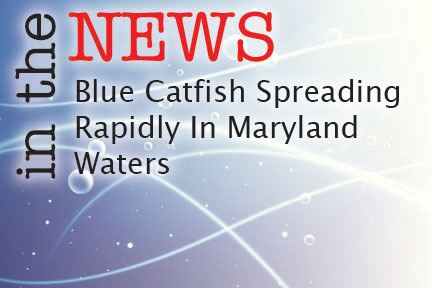With days left before the November 3 election, several national fishing and boating organizations released document called A Vision for Marine Fisheries Management in the 21st Century: Priorities for the Next Administration, a collection of recommendations to improve the way America’s federal saltwater fisheries are managed.
Whether or not the “next administration” in the White House remains the same will ultimately be decided at the polls, but the groups responsible for the vision say it highlights the economic value of recreational fishing in coastal waters and how outdated federal management policies act as roadblocks for the recreation economy’s positive economic trend.
“Fishing is a treasured pastime for millions of Americans, and we’ve made strides in recent years demonstrating to federal policymakers that it is a fundamentally different activity from commercial fishing and should be managed accordingly,” said Jeff Angers, president of the Center for Sportfishing Policy (CSP). “The Vision report is intended to help the next Administration and Congress foster recreational fishing and the economic and conservation benefits it brings to the nation.”
According to a CSP press release, the report urges the next administration and Congress to enforce the Modern Fish Act of 2018 and follow through on applying management approaches that reflect the reality of demand for recreational access to our marine fishery resources, the current economic activity associated with that access, and the scientific data of the light footprint recreational access has on our fishery resources.
“As America’s original conservationists, recreational anglers understand the value of healthy and abundant marine resources. In this report, we’ve identified several priority issue areas that warrant the attention of federal policymakers, helping to support conservation and public access to those resources,” said Mike Leonard, vice president of government affairs for the American Sportfishing Association and chairman of the Center for Sportfishing Policy’s Government Relations Committee.
Additional contributors to the report for the next administration include American Sportfishing Association, BoatU.S., Coastal Conservation Association, Congressional Sportsmen’s Foundation, Guy Harvey Ocean Foundation, International Game Fish Association, National Marine Manufacturers Association, and Theodore Roosevelt Conservation Partnership.


